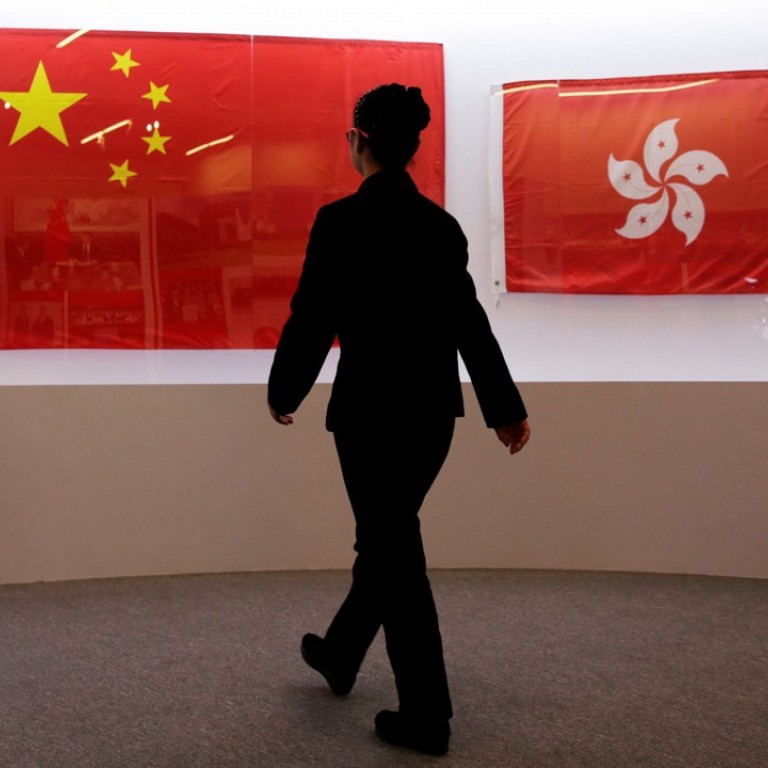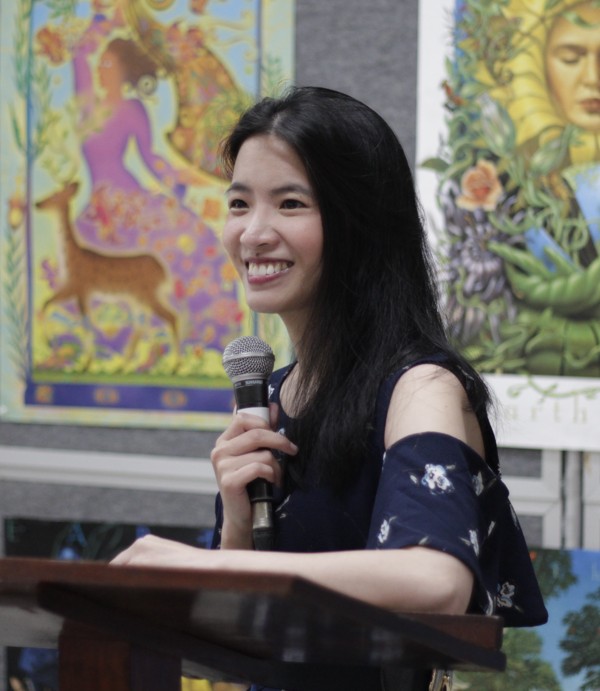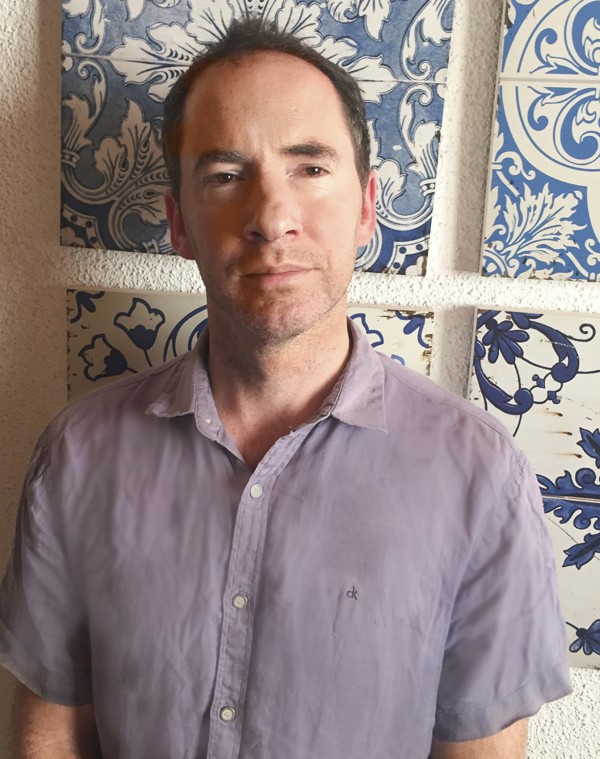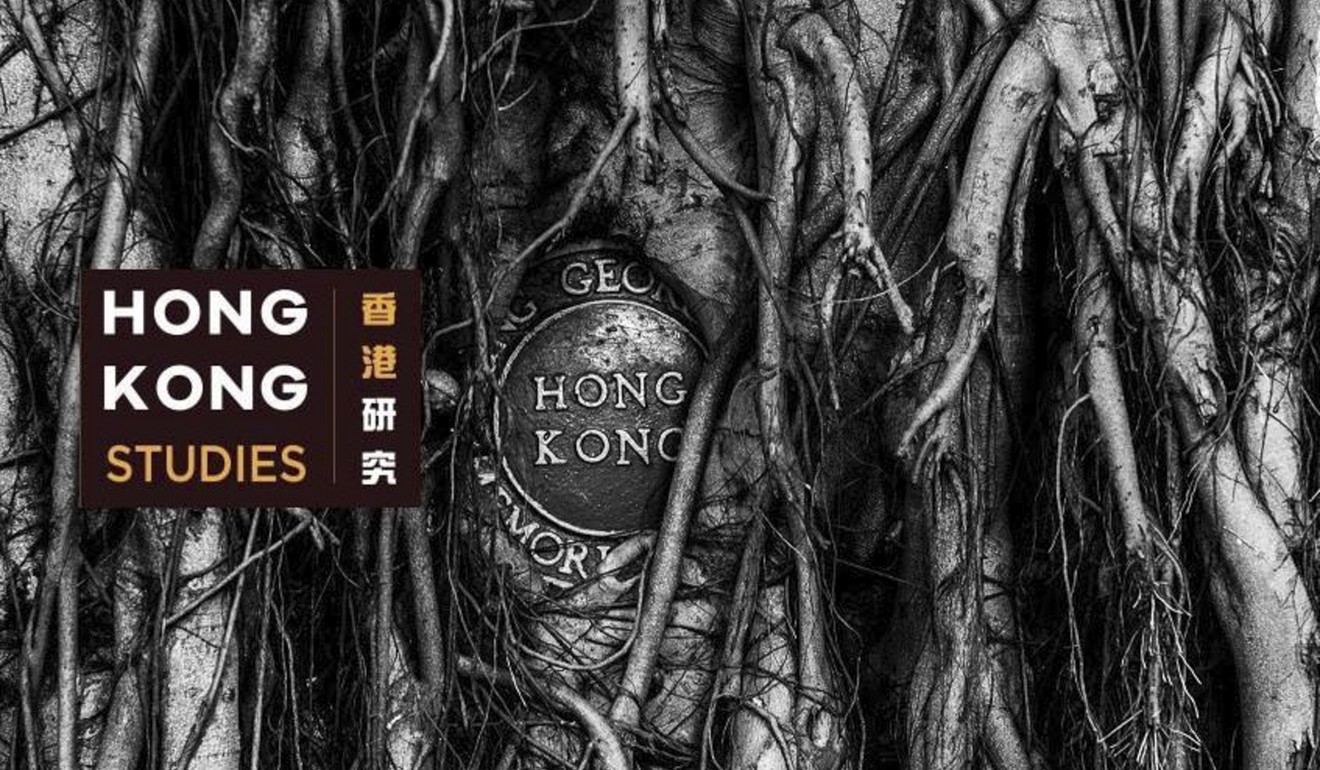
No taboo topics, scholars say, as they launch first ever academic journal on Hong Kong
Editors seek to gather local and overseas research on city and examine its future as 2047 approaches
A group of Hong Kong scholars have joined forces to launch the first academic journal dedicated to studies on the city, aiming to gather local and overseas research about Hong Kong.
The biannual publication also seeks to examine the sense of uncertainty about the future of Hong Kong as the year 2047 approaches, when Beijing’s promise of a high degree of autonomy for the city expires.
The editors are looking to “define and document” the transition, stressing that there will be “no taboos” and nothing too sensitive to publish.

Tammy Ho Lai-ming, founding co-editor of the journal and an assistant professor teaching literature at Baptist University, said there had been a revived interest in Hong Kong among academics in recent years. The previous surge of interest was when China resumed sovereignty over the former British colony in 1997.
“Hong Kong is special, whether [in terms of] film and culture or otherwise, so it’s worthy of its own academic journal, providing a platform for scholars to exchange ideas and debate,” she said.
The journal has gathered top local scholars to serve as reviewers, including former University of Hong Kong arts dean Douglas Kerr, leading sociologist Lui Tai-lok and commentator and author Leo Ou-fan Lee.
How will life look in Hong Kong after 2047? New think tank looks to map out city’s future
While China Studies and Asian Studies are well-established disciplines in academia, the study of Hong Kong itself is slowly on the rise.
Two local universities now have dedicated undergraduate programmes or institutes for the subject, while the University of Bristol in Britain and the University of British Columbia in Canada launched a Hong Kong history project and a Hong Kong studies programme in 2015 and April 2017 respectively.

Individual research papers about Hong Kong have been featured in journals, though none of these publications have been dedicated specifically to the city.
Hong Kong Studies co-editor Michael O’Sullivan, who teaches literature at the Chinese University of Hong Kong, described the situation as “bizarre”.
“If you read China Studies journals or reviews, there are very few articles about Hong Kong, sometimes none. You might go through a whole year [of publications], and there might one about Hong Kong, if you are lucky.” he said.
Among the seven articles in its first issue, two seek a way out of Hong Kong’s current political deadlock, while another examine’s filmmaker Fruit Chan’s work and how it deals with Beijing’s promise of “fifty years without change” after the handover from British rule.

In the foreword to the maiden issue, Ho, O’Sullivan and their two co-editors point to the “ill-defined” autonomy Hong Kong enjoys and discuss the need to “enhance the imagination of its present and the future”.
“For it must be remembered that there is yet no clear administrative and political vision for post-2047 Hong Kong. Hongkongers are therefore staring into a future where there is no line on the horizon, no safety net, no programme for government post-2047,” they write.
Hongkongers are staring into a future where there is no line on the horizon
“The 30 years in between, other than for Hongkongers who are concerned, it’s also a special case for the world, because very few cities go through this political and cultural crossroad,” Ho said.
“We can only speculate and be curious about the future. No one can predict what will happen to many different aspects about Hong Kong. Starting from now till 2047, we hope we can document the process.”
Ho stressed that there would be no taboo topics for the journal, and the editors would not treat any material as too sensitive to publish.
“Even if a scholar might not agree with us, as long as it’s a good piece, we have no reason not to publish. We can’t self-censor – that would defeat the purpose of having a journal.”

